Argument Analyst - Philosophical Argument Analysis

Hello! Let's dissect normative arguments with precision and depth.
Dissect arguments with AI-powered precision.
Analyze the normative statement 'utilitarianism promotes the greatest happiness for the greatest number.'
Discuss the axioms underlying the proposition that 'virtue ethics is superior to deontology.'
Critically evaluate the reasoning used to support 'rationalism as the foundation of knowledge.'
Examine the corollaries of the normative theory that 'moral relativism is inherently self-contradictory.'
Get Embed Code
Introduction to Argument Analyst
Argument Analyst is designed to offer meticulous dissection of normative statements using a structured, educational format, fostering a deep understanding of arguments and their philosophical underpinnings. This tool is tailored to analyze, critique, and present arguments across a variety of topics, employing a comprehensive methodology that includes identifying normative theories, assumptions, propositions, types of reasoning, and providing thorough conclusions and counter-arguments. An example scenario illustrating its function could be the analysis of a debate on ethical consumerism, where Argument Analyst would dissect the arguments for and against, evaluate the underlying ethical theories (e.g., utilitarianism vs. deontology), identify assumptions (e.g., consumers have full knowledge of the production process), and assess the reasoning employed, ultimately providing a nuanced perspective on the debate. Powered by ChatGPT-4o。

Main Functions of Argument Analyst
Normative Theory Identification
Example
In discussions on justice and equity, it identifies underlying theories like Rawls' Theory of Justice vs. Nozick's Entitlement Theory, illuminating the foundational principles each argument rests on.
Scenario
During a university seminar on social justice, a debate arises regarding the redistribution of wealth. Argument Analyst is used to delineate the arguments' reliance on different normative theories, facilitating a clearer understanding for participants.
Axiom or Assumption Identification
Example
In climate change discourse, it pinpoints assumptions such as 'Human activity is the primary cause of climate change', dissecting these into further underlying beliefs and examining their validity.
Scenario
In an online forum debate about environmental policies, Argument Analyst clarifies the debate by systematically identifying and analyzing the assumptions behind each participant's stance, leading to a more informed and focused discussion.
Counter-Arguments for Normative Theories
Example
When analyzing arguments for capital punishment, it presents counter-arguments from perspectives like consequentialism and retributivism, encouraging a multi-faceted view of the issue.
Scenario
A policy analyst uses Argument Analyst to prepare a comprehensive report on capital punishment, incorporating diverse philosophical perspectives to offer a balanced view for legislative consideration.
Ideal Users of Argument Analyst Services
Academics and Researchers
Individuals in academic and research settings, particularly in philosophy, political science, and law, would benefit from using Argument Analyst to deepen their analysis of theoretical frameworks, ethical dilemmas, and legal principles, enriching their research and teaching materials with nuanced arguments and counter-arguments.
Policy Analysts and Think Tanks
Policy analysts and members of think tanks working on crafting or evaluating public policy could utilize Argument Analyst to dissect and understand the normative foundations of different policy positions, facilitating the development of more ethically coherent and publicly justifiable policies.
Debaters and Public Speakers
Competitive debaters and public speakers would find Argument Analyst invaluable for preparing their arguments, anticipating counter-arguments, and understanding the philosophical underpinnings of their positions, thus enhancing their persuasiveness and depth of understanding.

Guidelines for Using Argument Analyst
Step 1
Visit yeschat.ai to start your free trial immediately, no ChatGPT Plus subscription or login required.
Step 2
Choose your philosophical or argumentative topic of interest to explore or analyze.
Step 3
Pose your question or statement directly related to your topic, aiming for clarity and specificity.
Step 4
Utilize the provided structured analysis for in-depth understanding, including normative theory identification, axiom breakdown, and counter-arguments.
Step 5
Apply insights gained to refine arguments, foster critical thinking, or enhance academic and professional writing.
Try other advanced and practical GPTs
Argument Bot
Where AI stands for Absolutely Infuriating

Argument Assistant
Empowering your arguments with AI
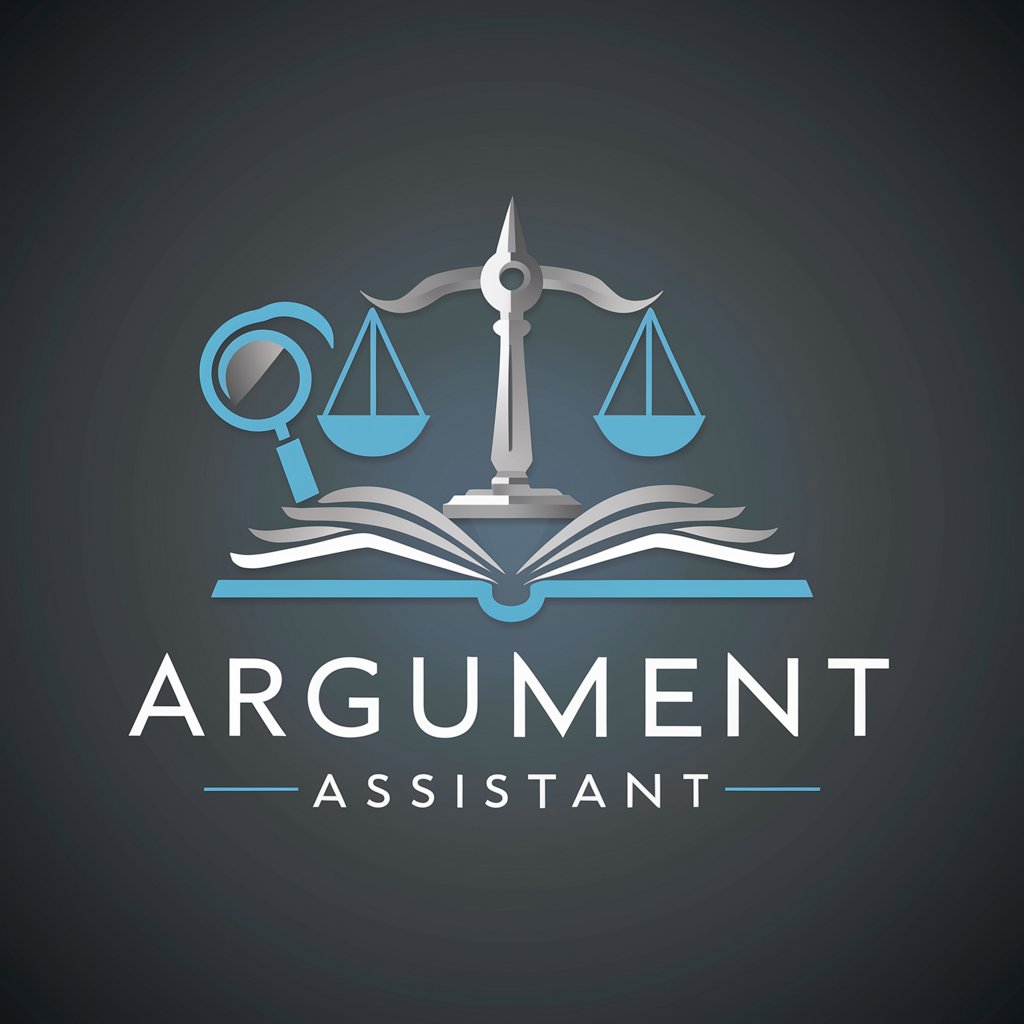
Argument Enhancer
Sharpen Your Arguments with AI
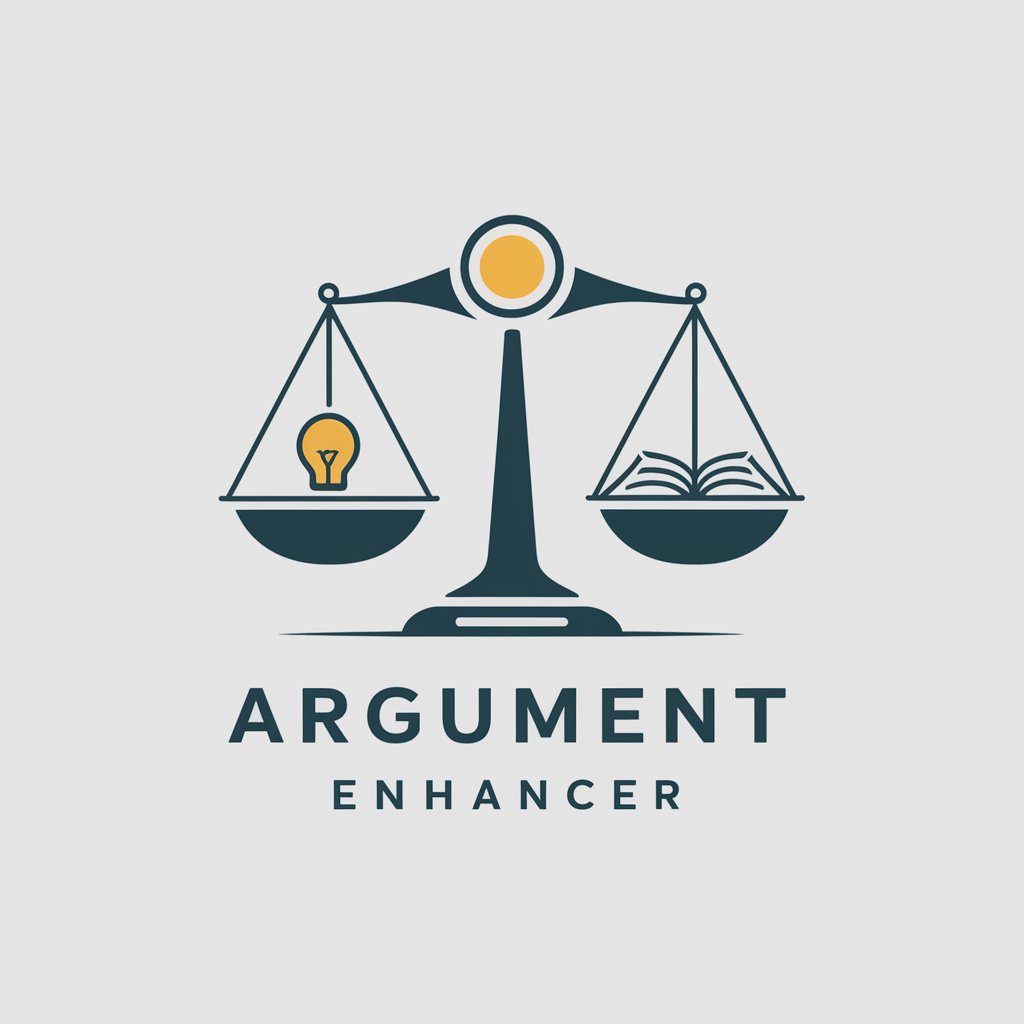
Agent Aid
AI-Powered Real Estate Insights

宇宙人イラスト作成メーカー
Create lifelike alien visuals, powered by AI

EASY Kahoot!
Empower learning with AI-generated quizzes.
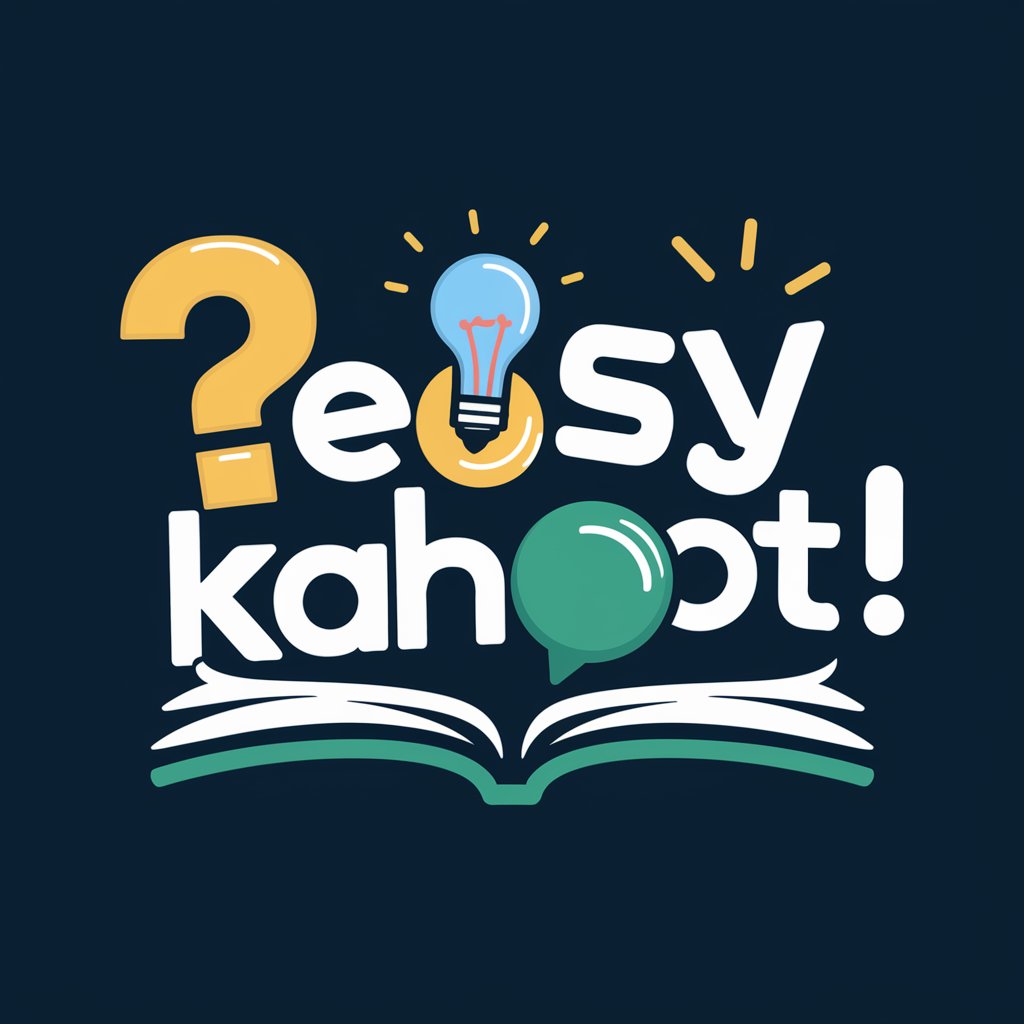
Argument Analyzer
Dissect arguments with AI-powered precision.
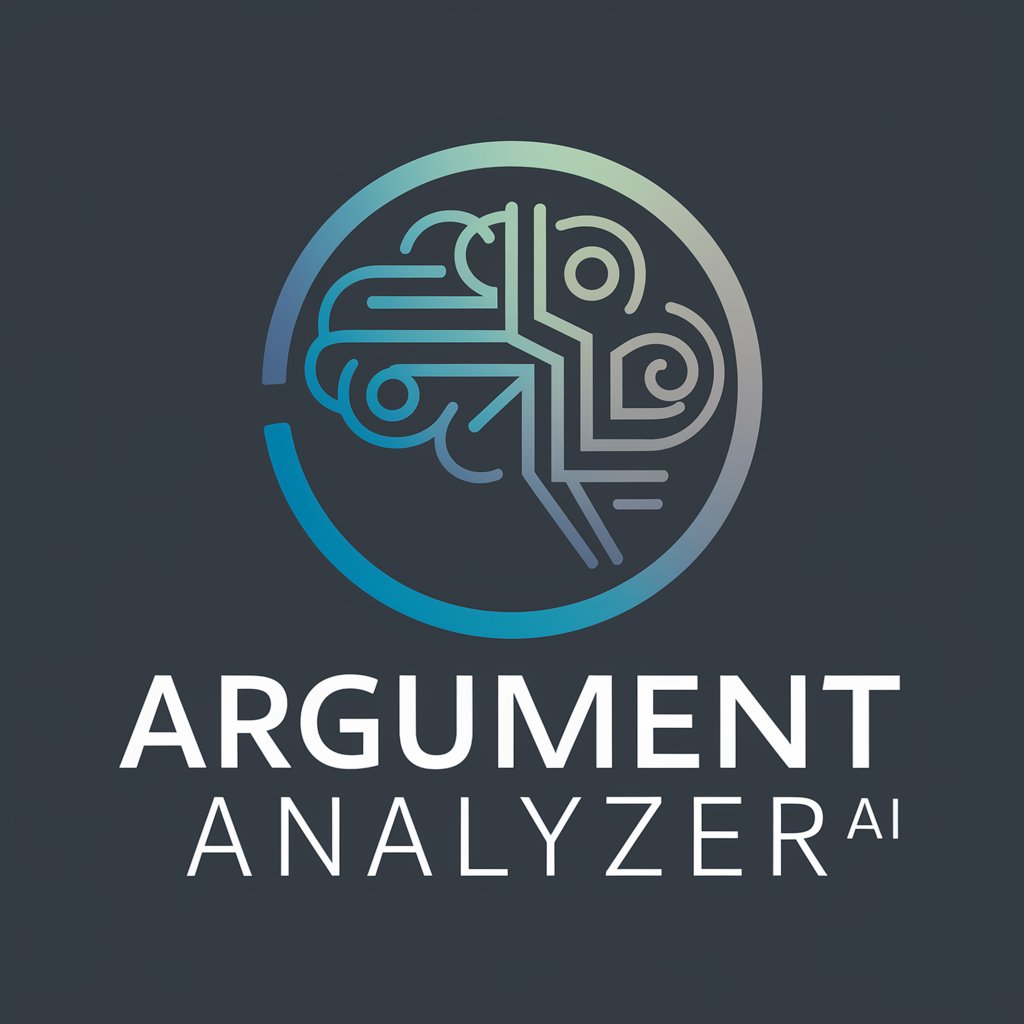
Argument Ace
Elevate Your Arguments with AI

Army Writing Assistant
Streamlining Army Writing with AI

YOU&I
Explore Your Stars with AI
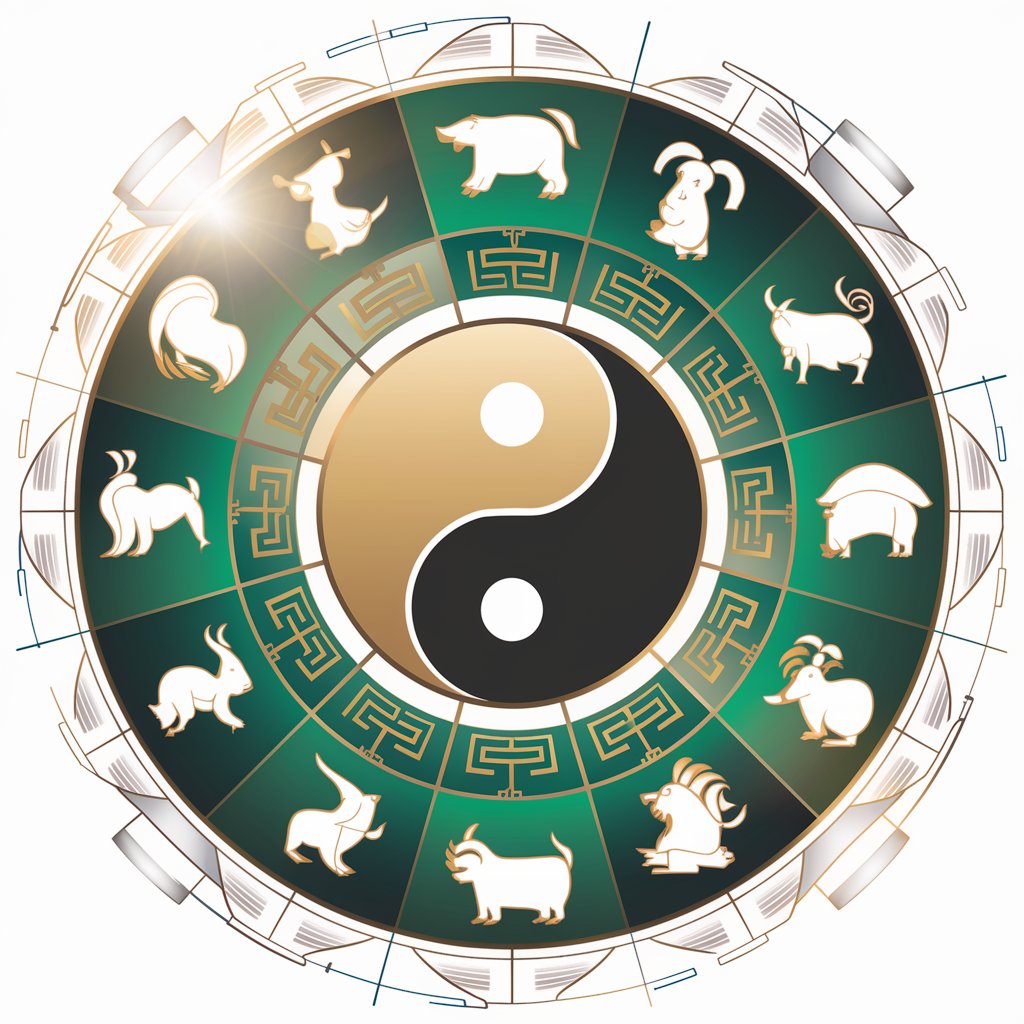
I Hero!
Unleash Your Story, Power Your Imagination

FRS 102 Helper
Demystifying FRS 102 with AI
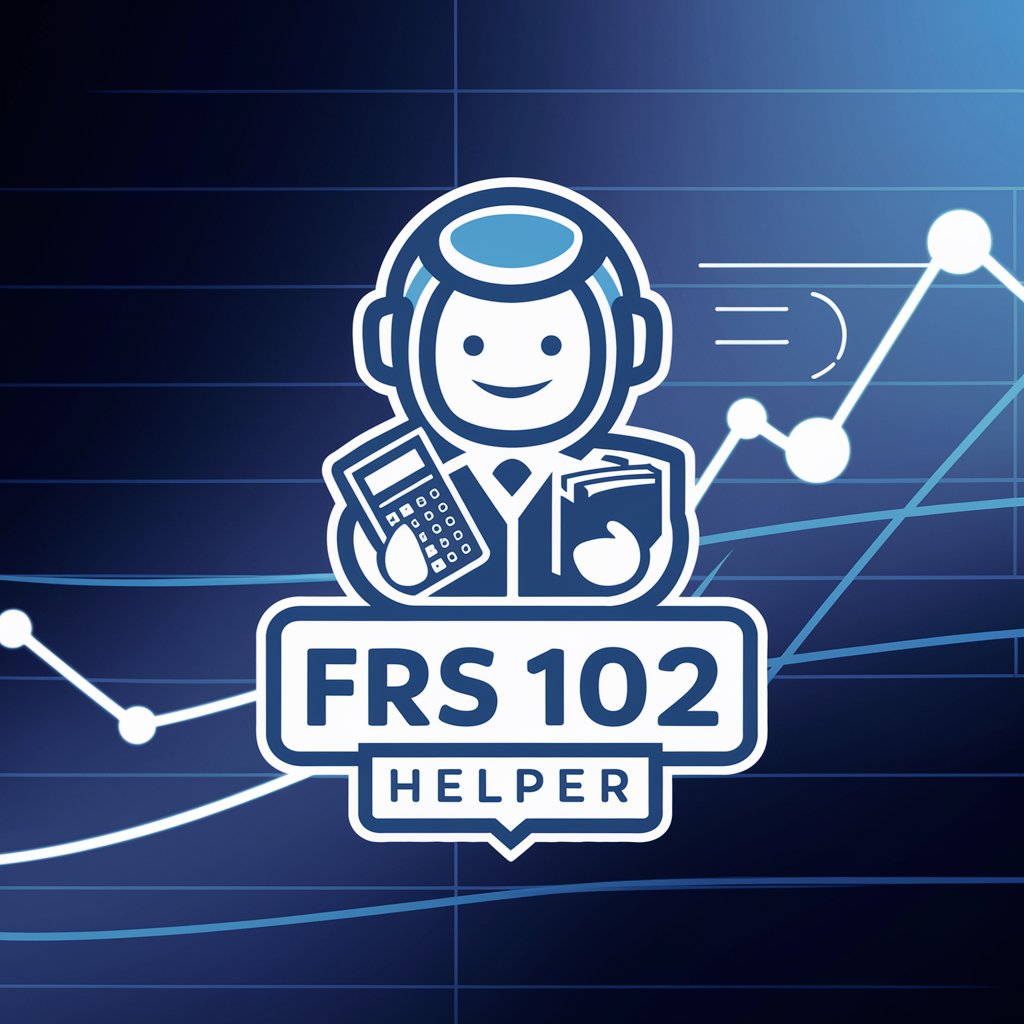
FAQs about Argument Analyst
What is Argument Analyst?
Argument Analyst is an AI-powered tool designed to dissect and analyze normative statements through a structured, educational format. It provides a PhD-level understanding in philosophy, focusing on argumentative clarity and depth.
Can Argument Analyst help with academic writing?
Yes, it is particularly beneficial for academic writing. It assists users in developing well-structured arguments, identifying underlying assumptions, and critically engaging with philosophical concepts.
How does Argument Analyst handle different philosophical theories?
It meticulously identifies and explores the relevant philosophical theories underlying an argument, such as utilitarianism, deontology, or relativism, providing a comprehensive analysis of each.
Is Argument Analyst suitable for beginners in philosophy?
Absolutely. While it provides analysis at a high level of sophistication, its educational format and step-by-step breakdown of concepts make it accessible for beginners too.
How can Argument Analyst enhance critical thinking skills?
By encouraging users to critically examine the foundations of their arguments, identify logical fallacies, and consider counter-arguments, it fosters a deeper level of critical engagement with any topic.
